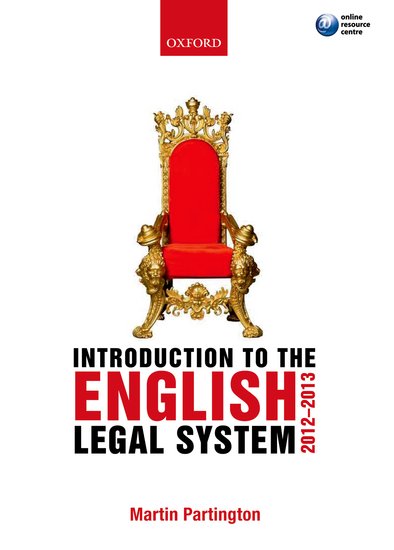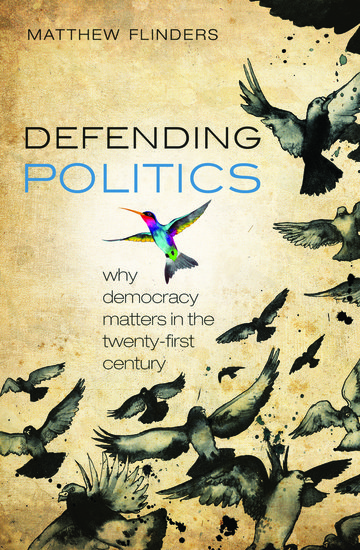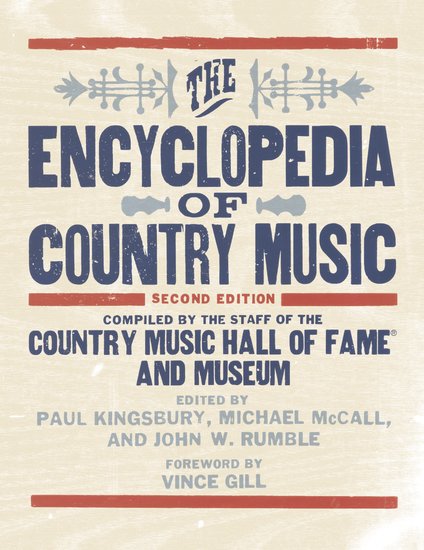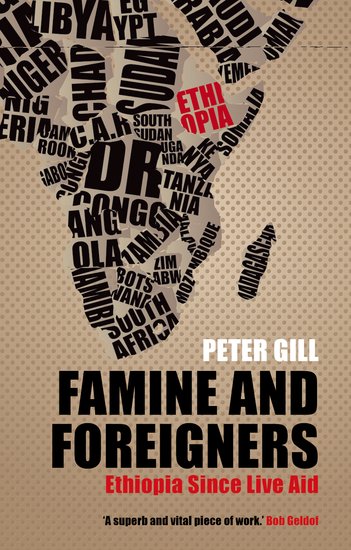By Gerard Toal
Twenty years ago this week, ethnic cleansing began in Bosnia-Herzegovina. Though there were numerous instances of ethnicized violence before this, it was the northeastern town of Bijeljina that became ground zero for a practice the Bosnian war would make infamous. The pre-war population of the municipality was 57,389 (59% Serb), 30,229 (31% Muslim), with approximately ten thousand others who identified themselves as Yugoslavs (the forgotten identity in Bosnia), Croats (only 490) and persons of other or unknown nationality. The recitation of the 1991 census numbers is relevant only because nationality categories mattered to the perpetrators who fell upon Bijeljina and tore it apart.


















